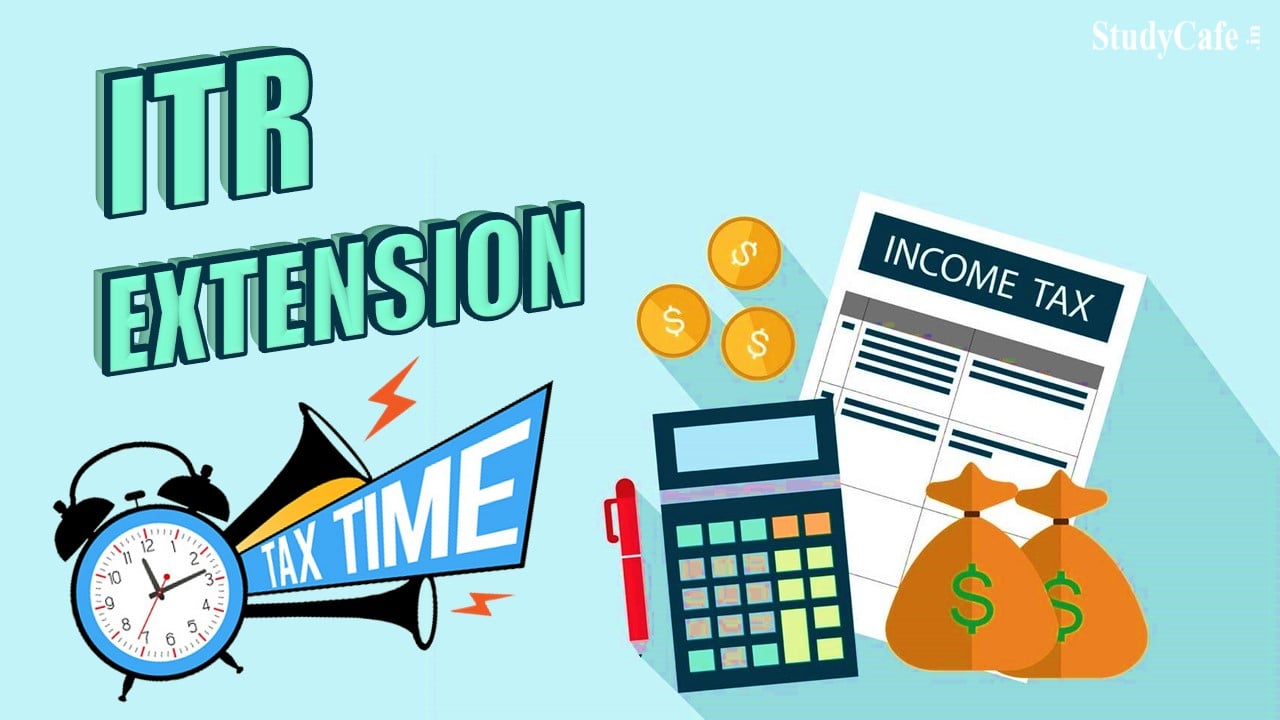The tax filing deadline is quickly approaching, and for many taxpayers, this means scrambling to get their taxes in order. Thankfully, the IRS offers taxpayers the option to request a tax filing deadline extension. Here’s what you need to know about the tax filing deadline extension.
The first step in requesting a tax filing deadline extension is to file Form 4868, Application for Automatic Extension of Time to File U.S. Individual Income Tax Return. This will give you an additional six months to file your taxes. Keep in mind, however, that this is only an extension of time to file, not an extension of time to pay. You’ll still be responsible for paying any taxes due by the April 15th deadline.

Image Source: Google
Tax Payment Options
If you’re unable to pay your taxes in full by the April 15th deadline, the IRS offers several payment options to help you. You can set up an installment agreement to pay your taxes over time, or you can apply for an Offer in Compromise to settle your taxes for less than what you owe. Additionally, you may be eligible for other payment options if you’re experiencing financial hardship.
Penalties and Interest
It’s important to understand that the IRS does charge penalties and interest for late payments. If you’re unable to pay your taxes in full by the April 15th deadline, you may be subject to late-payment penalties and interest. The best way to avoid these penalties and interest is to file an extension and make full payment of your taxes by the extended deadline.
Conclusion
The tax filing deadline extension can provide valuable relief if you’re unable to file your taxes by the April 15th deadline. You can file an extension to get an additional six months to file your taxes, as well as take advantage of various payment options if you’re unable to pay your taxes in full. It’s important to understand that this is only an extension of time to file, not an extension of time to pay, so you’ll still be responsible for paying any taxes due by the April 15th deadline.
